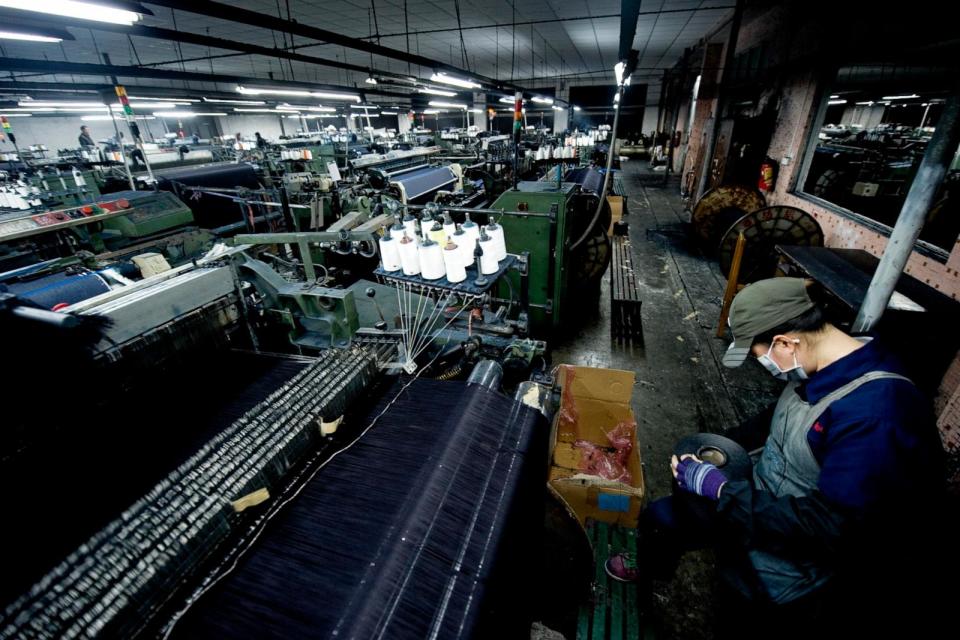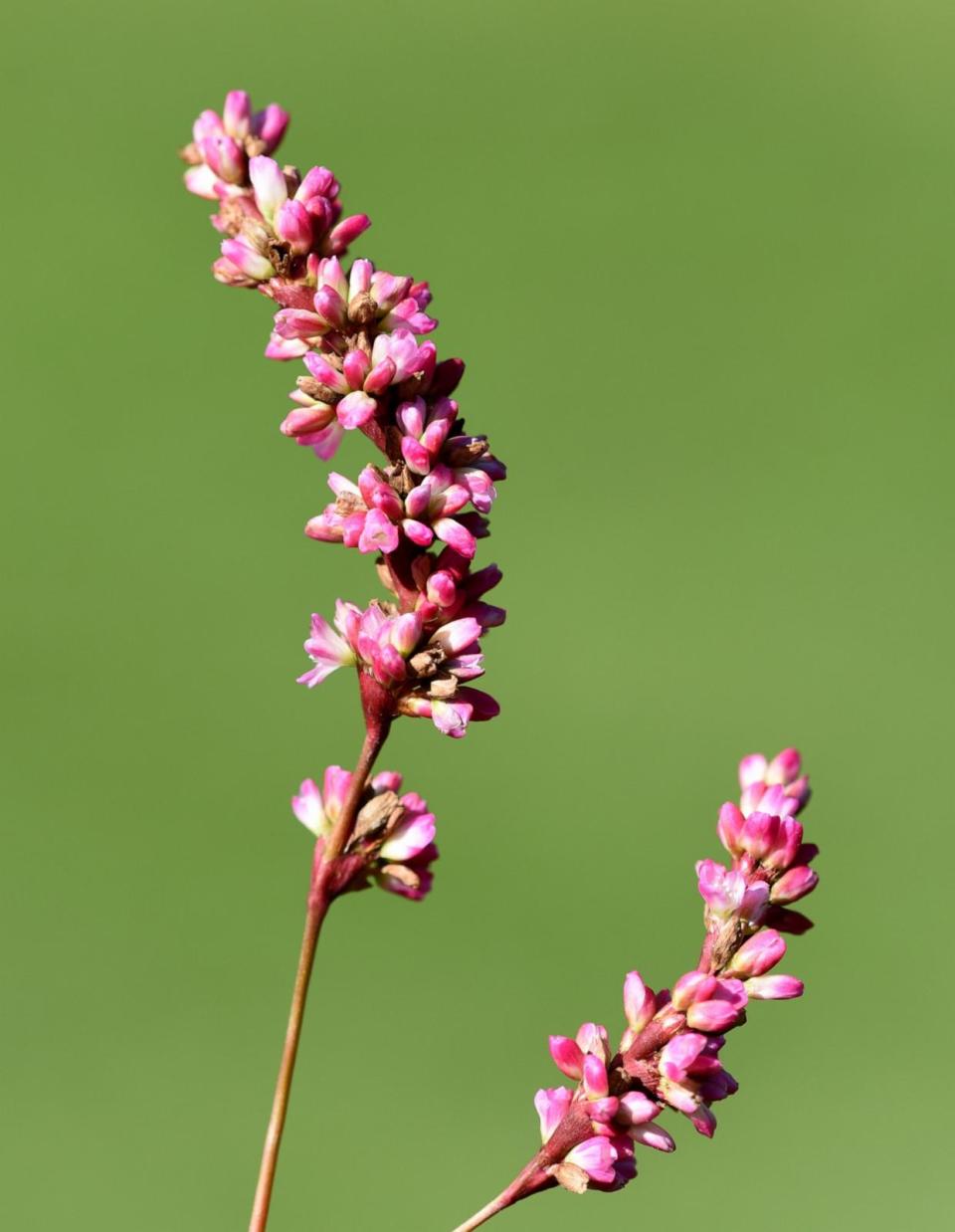Scientists may have found an alternative to blue jean dye
New research in blue jean dyeing is offering a stitch of hope in the denim industry.
Blue denim is currently dyed with indigo in an unsustainable process that requires harsh reducing and alkaline chemicals, according to a study published Monday in Nature Communications.
Indigo is the only molecule that creates the specific hue that blue jeans are known for, according to the study, which notes the overwhelming demand for denim has made synthetic indigo the standard for blue jean production.
Researchers found that forming indigo directly in the yarn through the engineering of an enzyme called indican eliminates the requirement for reducing chemicals while still ending up as the color indigo.

"Indigo creates this really fantastic hue that we all know and love, but we are producing it from petrochemicals because the demand is simply too high," Ditte Hededam Welner, lead researcher of the study and biologist at the Novo Nordisk Foundation Center for Biosustainability in Denmark, told ABC News.
Synthetic indigo is not a "dyeing competent" on its own, Welner said, so reducing chemicals are needed to treat the denim, which "leads to some environmental challenges in the dyeing hubs of the world."
MORE: How bamboo and denim are becoming the 'new luxury' in automobiles
The blue jean industry uses approximately 50,000 tons of synthetic indigo annually and about 84,000 tons of the reducing agent, sodium hydrosulfite, according to the American Chemical Society.
Negative environmental and social implications of synthetic indigo production include pollution of waterways and soil, which could lead to crop loss and human toxicity, according to the study.

Indican is a precursor to indigo that is found in the same plant species, Indigofera, the study says.
"Indican, the β-O-glucoside of the indigo precursor indoxyl, is the natural storage form of indigo in indigo-producing plants," according to the study.
The study found the engineered enzyme "is a promising alternative route with mild conditions" and could support the massive demand in the denim industry.
In addition to testing the indican enzyme, the study used various forms of light -- from household bulbs to an open window -- to dye denim with indican and water.
MORE: Effects of climate change worsening in every part of the US, report says
If large-scale production of indican were to be put in place by the denim industry, researchers said they believe the need for toxic chemicals in denim production could be removed.
"What we need now is basically to scale it up and put indican into production," Welner said. "And of course, the industry could be very helpful in making this happen."
The future of denim sustainability can be made a reality if consumers demand it, Welner said.
MORE: Environmental advocates highlight air pollution's impact on children's health
"Put some pressure on your brands, buy from the sustainable brands and communicate very clearly that you're interested in buying sustainable denim," Welner added.
Welner said she hopes the fashion industry will answer the calls for sustainable manufacturing.
"The major take-home message is that the technology exists, there is research to support it. And now we need to make it happen in the real world," Welner said.
Scientists may have found an alternative to blue jean dye originally appeared on abcnews.go.com

